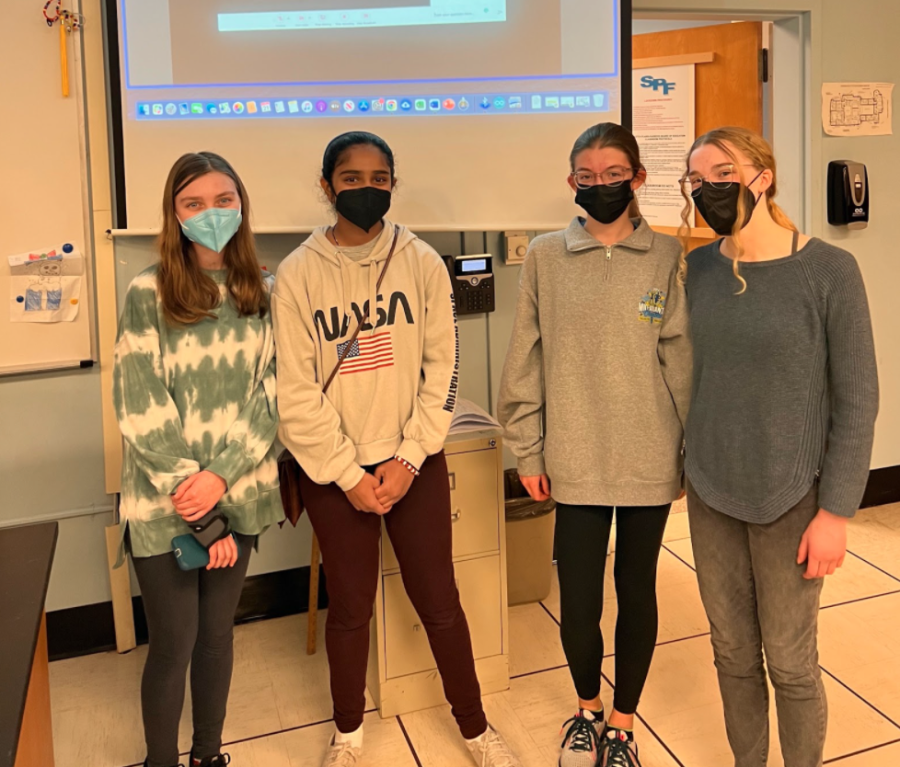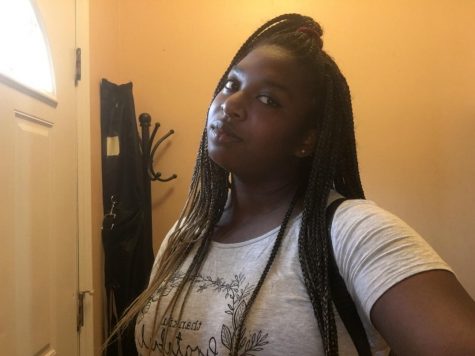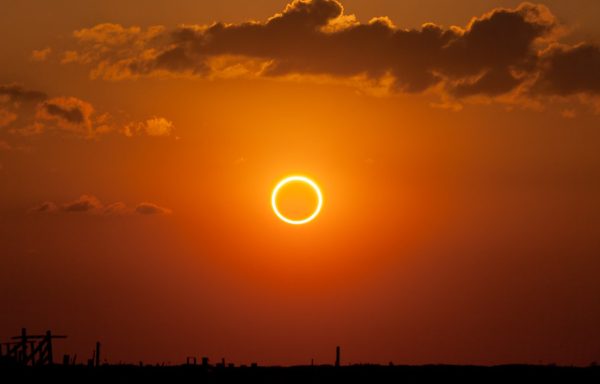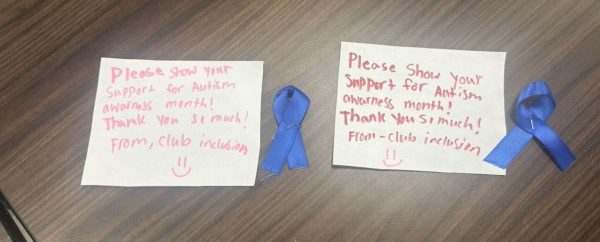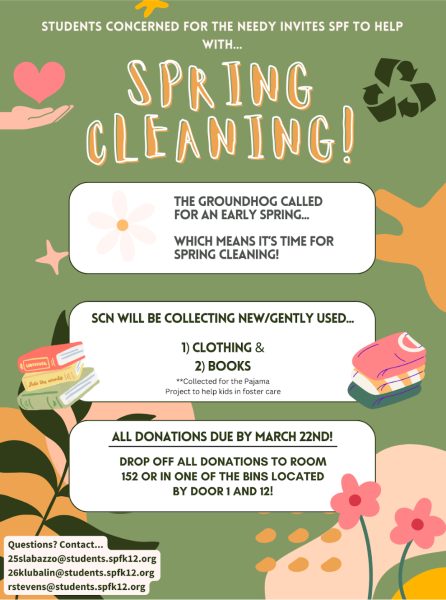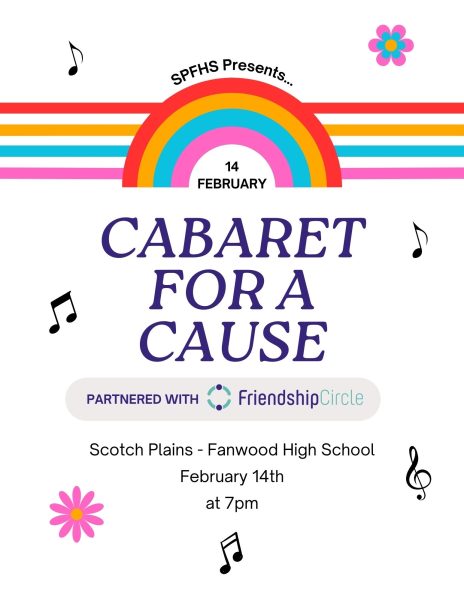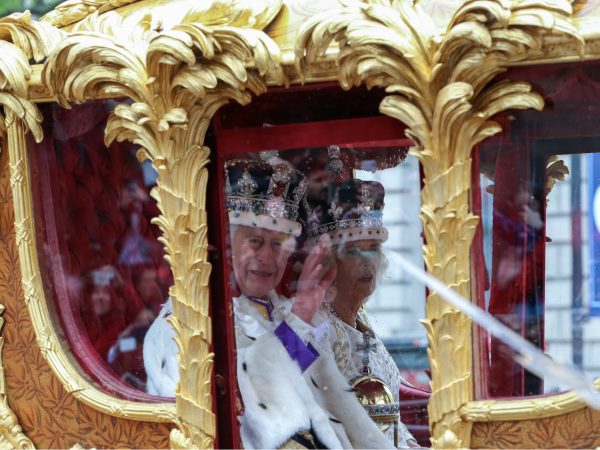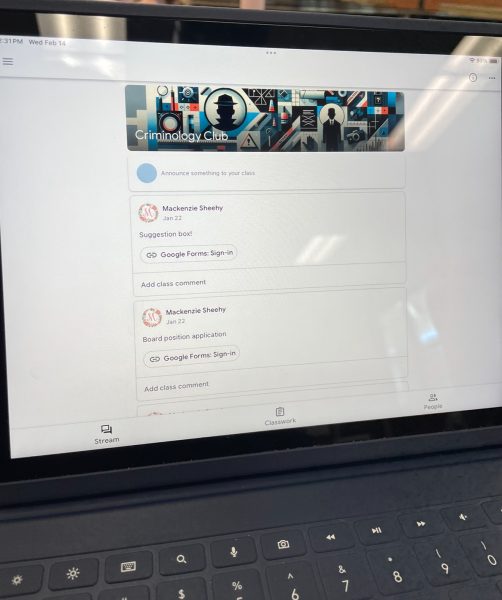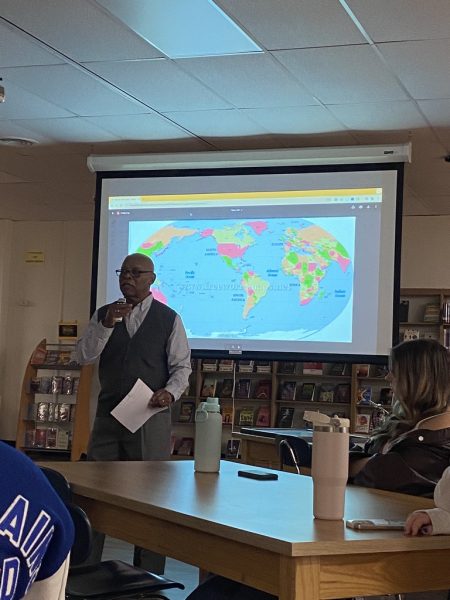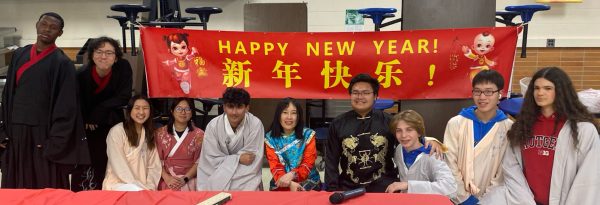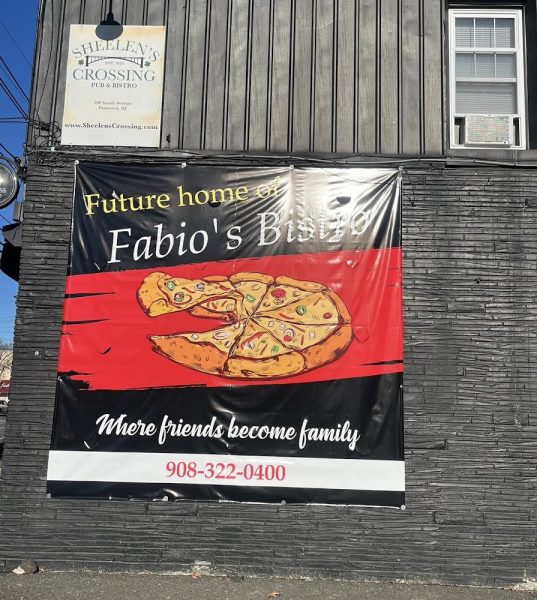“Space Gals” soar to the top in the NASA TechRise Student Challenge
March 3, 2022
On Jan. 21 2021 freshman Madeline Marcovecchio, Audrey Ricks, Sophia Seith and Saanvi Suresh placed top 50 in the NASA TechRise student challenge with the help of biology teacher Lauren DeNicola.
The NASA TechRise challenge was created to get more people interested in STEM programs. Seeing as humans have only explored five percent of the universe; a challenge to help improve space exploration not only gives a high-level challenge to those competing but the winning plan will help discover methods that will help uncover more about the mystery that is space.
I’m just so proud of everything [these girls] have accomplished. This is something that doesn’t come along every day and it’s really exciting that have that here at our school.
— Lauren DiNicola
In this competition, teams are tasked with the challenge to design an experiment that can help further or improve space exploration. The experiment will be tested on either a suborbital rocket or a high-altitude balloon. The competition begins with a design. Then the Top 50 move on to have the opportunity to build their experiment with the guidance of mentors from NASA and engineers who have experience with similar experiments. The team that comes out victorious will have the opportunity to launch their creation into open space.
“Space gals” — a name based on the human calculators from NASA “Rocket Girls”— formed when eighth-grader Saanvi discovered the competition. When she entered high school, she began attempting to recruit her friends to join the team. Once the team was formed the girls went to DeNicola for her assistance in becoming their teacher advisor. With the help and support of DeNicola, their plan “Futuristic Farming” came to life and that has put them on the path to success.
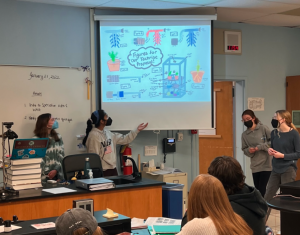
“When we were trying to come up with the idea, none of the ideas we had were perfect, either they had already been done, or we would not have access to the materials we needed,” Saanvi said. “ I had some free time, so I spent the time researching, looking for an idea that had a similar theme and that’s when I came up with Futuristic Farming.”
“Futuristic Farming” is an irrigation system that would allow astronauts to have fresh food in space so they wouldn’t have to rely on freeze-dried food.
“I’m just so proud of everything [these girls] have accomplished. This is something that doesn’t come along every day and it’s really exciting that have that here at our school,” DiNicola said.

